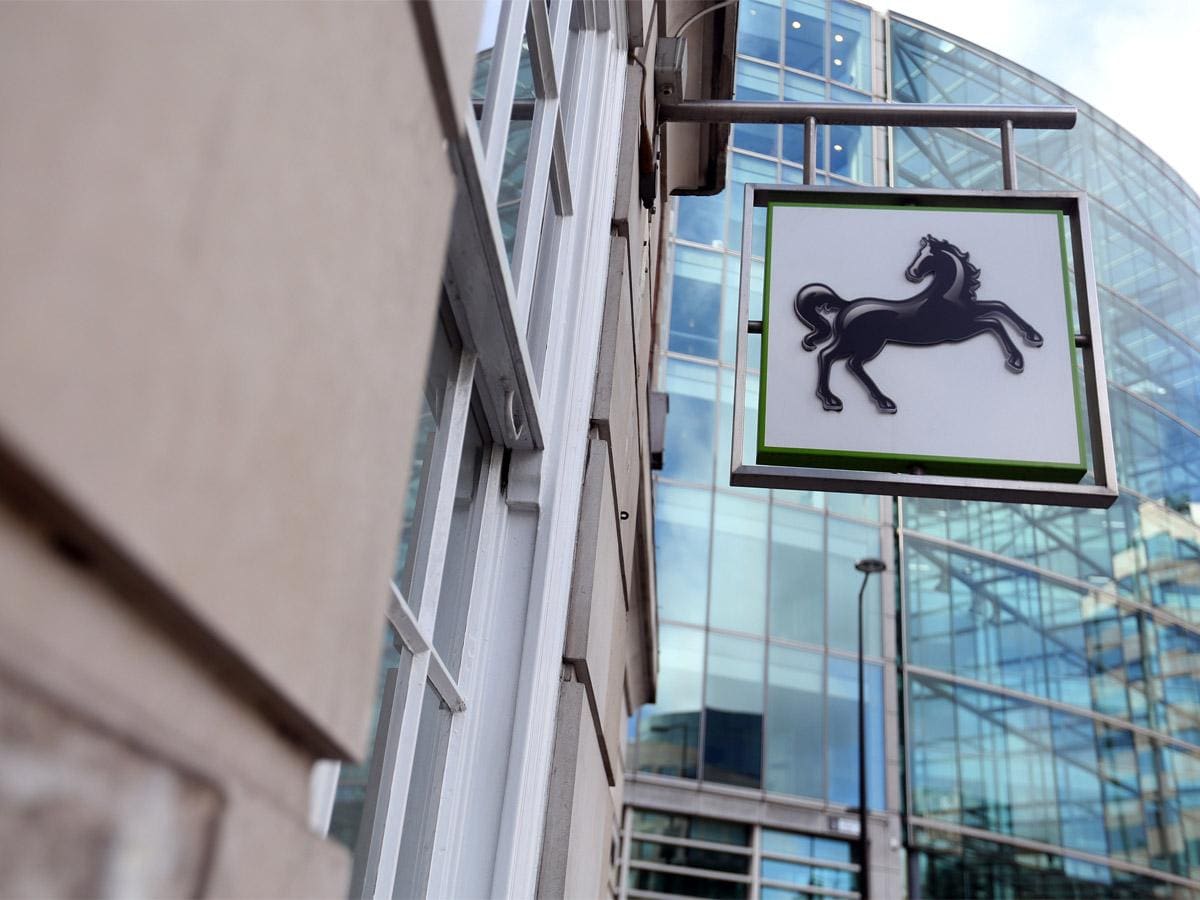Lloyds’ [LLOY] share price has been relatively flat since the financial crash. Fears over global slowdown, Brexit and ongoing costs have all weighed on the stock.
Yet during that time, the bank streamlined its business to protect margins and invested in its digital infrastructure. All shrewd business decisions that would have seen Lloyds’ share price gain in more optimistic times.
Now with some of the macroeconomic fears that have dogged the UK economy abating, Lloyds’ share price could, in fact, be undervalued.
Why Lloyds’ share price is undervalued
Brexit fears easing
Lloyds’ share price shot up over 12% when the Tories won the December general election. The markets, it seemed, took this to be a sign of greater certainty over the nature of the UK's departure from the EU.
In reality, the UK leaving the EU on 31 January only signals a move into a transitory phase. How the government's trade deal negotiations with the EU and other nations pan out this year could have an impact on Lloyds’ stock.
12% Rise of Lloyds' shares after Tories won election
Stronger UK economy
Brexit was a major drag on the UK economy over the past few years. Throw in trade wars and recession fears, and the mood surrounding the economy has been decidedly downbeat of late.
Yet, the latest readings show that the UK economy is actually growing. Private sector growth surged in January, with PMI figures at their highest since 2015. Any sign of improved consumer confidence should help both Lloyds’ credit and mortgage businesses.
Ruth Gregory at Capital Economics told the Telegraph:
"... even if the PMIs prove a little optimistic, it looks a safe bet that the economy started to grow again at the start of this year."
As a bellwether of the UK economy, any uptick should see Lloyds’ share price gain.
Still in cost-cutting mode
Since the financial crisis, Lloyds has strived to protect its margins. This has resulted in an efficient business model, demonstrated by a 33% operating margin.
Cost-cutting looks set to continue into 2020 with 56 branches expected to close as Lloyds seeks to reduce costs and shift customers online. Other cost-cutting initiatives include moving its IT systems to the cloud. Lloyds spends £2.2 billion every year on tech. A 35% cut in costs would translate to £750 million in savings.
One problem Lloyds won't have to deal with this year is PPI. Last quarter paying out for claims all but wiped out Lloyds’ profit margins.
£2.2billion Amount spent by Lloyds each year on tech
Time to buy Lloyds?
So is Lloyds’ share price set to grow? Analysts seem to think so. They’ve pinned an average 75.37p 12-month price target on Lloyds. Hitting this would represent a 32.4% upside.
| Market Cap | $40.217bn |
| PE ratio (TTM) | 20.44 |
| EPS (TTM) | 2.80 |
| Operating Margin (TTM) | 33.39% |
Lloyds share price vitals, Yahoo Finance, 12 February 2020
For income-seeking investors, Lloyds' dividend is a decent 5.75% forward yield. And the dividend has been growing. For the fiscal year, analysts expect a 0.03p payout, an increase of 5.92% from the previous year. Of the 24 analysts covering the stock on Yahoo Finance, two-thirds rate it either a Strong Buy or Buy.
One concern is that revenue has dropped 7.50% year on year. Certainly, fears over the economy and a lack of homebuyers has hurt Lloyds’ income. But for shareholders to truly get behind the stock, Lloyds will have to demonstrate some proactivity in pulling money in, rather than continually squeezing costs.
Disclaimer Past performance is not a reliable indicator of future results.
CMC Markets is an execution-only service provider. The material (whether or not it states any opinions) is for general information purposes only, and does not take into account your personal circumstances or objectives. Nothing in this material is (or should be considered to be) financial, investment or other advice on which reliance should be placed. No opinion given in the material constitutes a recommendation by CMC Markets or the author that any particular investment, security, transaction or investment strategy is suitable for any specific person.
The material has not been prepared in accordance with legal requirements designed to promote the independence of investment research. Although we are not specifically prevented from dealing before providing this material, we do not seek to take advantage of the material prior to its dissemination.
CMC Markets does not endorse or offer opinion on the trading strategies used by the author. Their trading strategies do not guarantee any return and CMC Markets shall not be held responsible for any loss that you may incur, either directly or indirectly, arising from any investment based on any information contained herein.
*Tax treatment depends on individual circumstances and can change or may differ in a jurisdiction other than the UK.
Continue reading for FREE
- Includes free newsletter updates, unsubscribe anytime. Privacy policy





